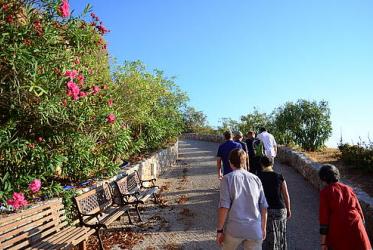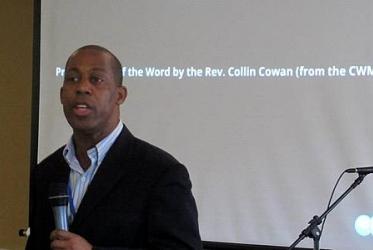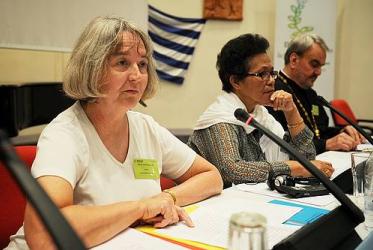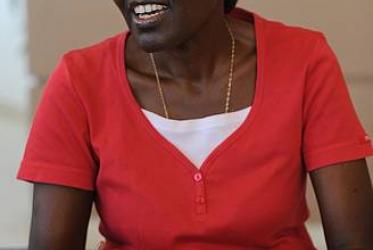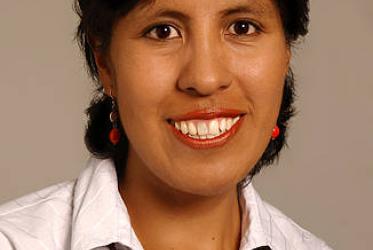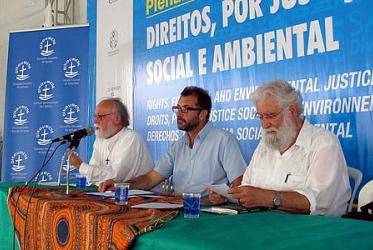Displaying 1681 - 1700 of 1985
01 November 2012
In Myanmar, eco-justice flourishes even in challenging settings
31 October 2012
Youth eco-justice efforts expand
12 October 2012
WCC working group plans next steps in climate advocacy
04 October 2012
Mission with humility, justice and inclusivity
01 October 2012
Indigenous theologians reflect on life, justice and peace in Taiwan
27 September 2012
WCC conference probes sustainability crises
27 September 2012
WCC adopts statements on contemporary public issues
12 September 2012
French Polynesia should be decolonized, says WCC
05 September 2012
Churches pray and care for creation
30 August 2012
WCC statement invokes new understanding of mission
30 August 2012
Altmann affirms signs of hope in the ecumenical movement
29 August 2012
40 days – no emissions? Swedish urbanite lives the concept
14 August 2012



